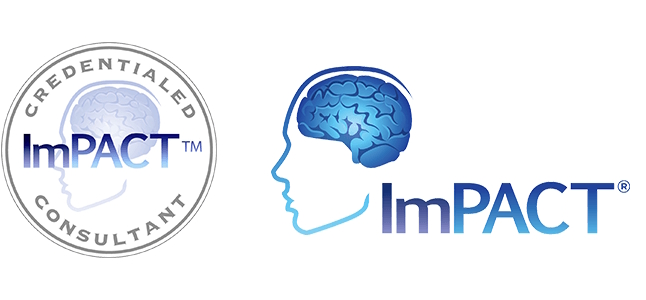
The neurocognitive testing platform we use is entirely computerized-based. Be sure that if your child needs glasses, that he/she brings them on the day of the test. Ensure that your child had a good night sleep the night before the examination.
If your child is on medications, be sure you know whether or not the medications are supposed to be given that day.
The entire testing should take around one hour. At the next visit, you will receive a comprehensive report detailing the findings of the test.
Autonomic Testing

Autonomic testing is a neurologic procedure in which the function of the autonomic nervous system is evaluated. The autonomic nervous system is the part of the nervous system that controls your breathing, your blood pressure, your heart rate, the movement of your gastrointestinal tract, your skin temperature, and numerous other functions.
Autonomic testing, as performed at New Jersey Pediatric Neuroscience Institute, is actually comprised of two distinct tests: Sympathetic Testing (Sudomotor Testing) and Parasympathetic Testing (Heart Rate Variability Testing and Valsalva Testing).
During Sudomotor Testing, wires with a sticky end are attached to the hand. An electric pulse (so small that you will not even feel it) is sent through the wire to test whether there is a “sudomotor” response. Such a response is one sign of a healthy autonomic nervous system.
During Heart Rate Variability Testing, those same wires with sticky ends are placed on your chest, over your heart. No electric pulses are used. Rather, the wires are used simply to monitor your heart rate. You will be asked to remain lying down and relaxed for a few minutes. Then, you will be asked to breath slowly and deeply for a few minutes. During the Valsalva portion of the testing, you will be asked to exhale forcefully.
Autonomic Testing is not painful. There are no needles and no radiation.
Autonomic Testing evaluates the autonomic nervous system (ANS). This may help your physician to diagnose any problems with your ANS, to understand what parts of your ANS are working well, and which parts of your ANS are not working well. The testing may also be used if you are being treated for a problem with your ANS and to monitor that treatment.
Your physician who ordered the testing will go over the results with you. The results will be available to your physician around one week after you complete the evaluation.
(1) Clothing:
(2) Do not wear any lotions on your skin
(3) If you have a pacemaker, vagal nerve stimulator, or implantable device, please let the technician know prior to your procedure.
What is Pharmacogenics?
There are over 270 medications containing warnings, precautions and dosage recommendations based on specific gene variants. Your body has unique ways of responding to treatment based on your DNA. Pharmacogenomics is a state-of-the-art tool in personalizing your treatment.
Why do Genetic Testing?
Many neurologic disorders have a genetics component. We work with a genetics team that can search through all of your child’s and family’s DNA to try to get to the root cause of the symptoms Ask the Pediatric Neurology team at your next visit.


NOTICE: This website is for informational purposes only and is not intended as medical advice or as a substitute for a patient/physician relationship.
NJPNI is committed to creating a culturally diverse, inclusive and collaborative community for patients and their families, employees and associates where each person is celebrated and has a sense of equal belonging. See our DEI Statement Page for more information.
NJPNI does not exclude, deny benefits to, or otherwise discriminate against any person on the grounds of race, color, or national origin, or on the basis of disability or age in admission to, participation in, or receipt of the services and benefits of any of its programs and activities or in employment therein. This statement is in accordance with the provisions of Title VI of the Civil Rights Act of 1964, Section 504 of the Rehabilitation Act of 1973, the Age Discrimination Act of 1975, and Regulations of the U.S. Department of Health and Human Services issued pursuant to the Acts, Title 45 Code of Federal Regulations part 80, 84, and 91.